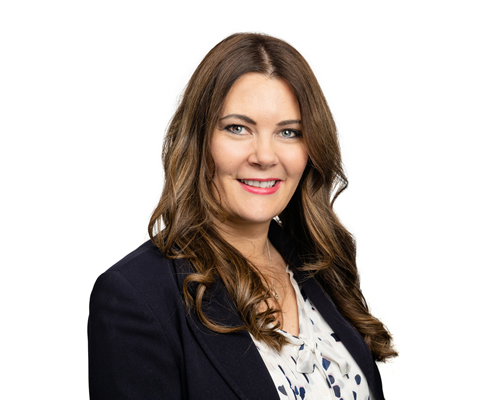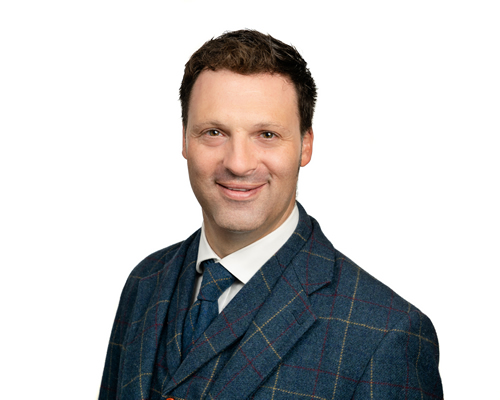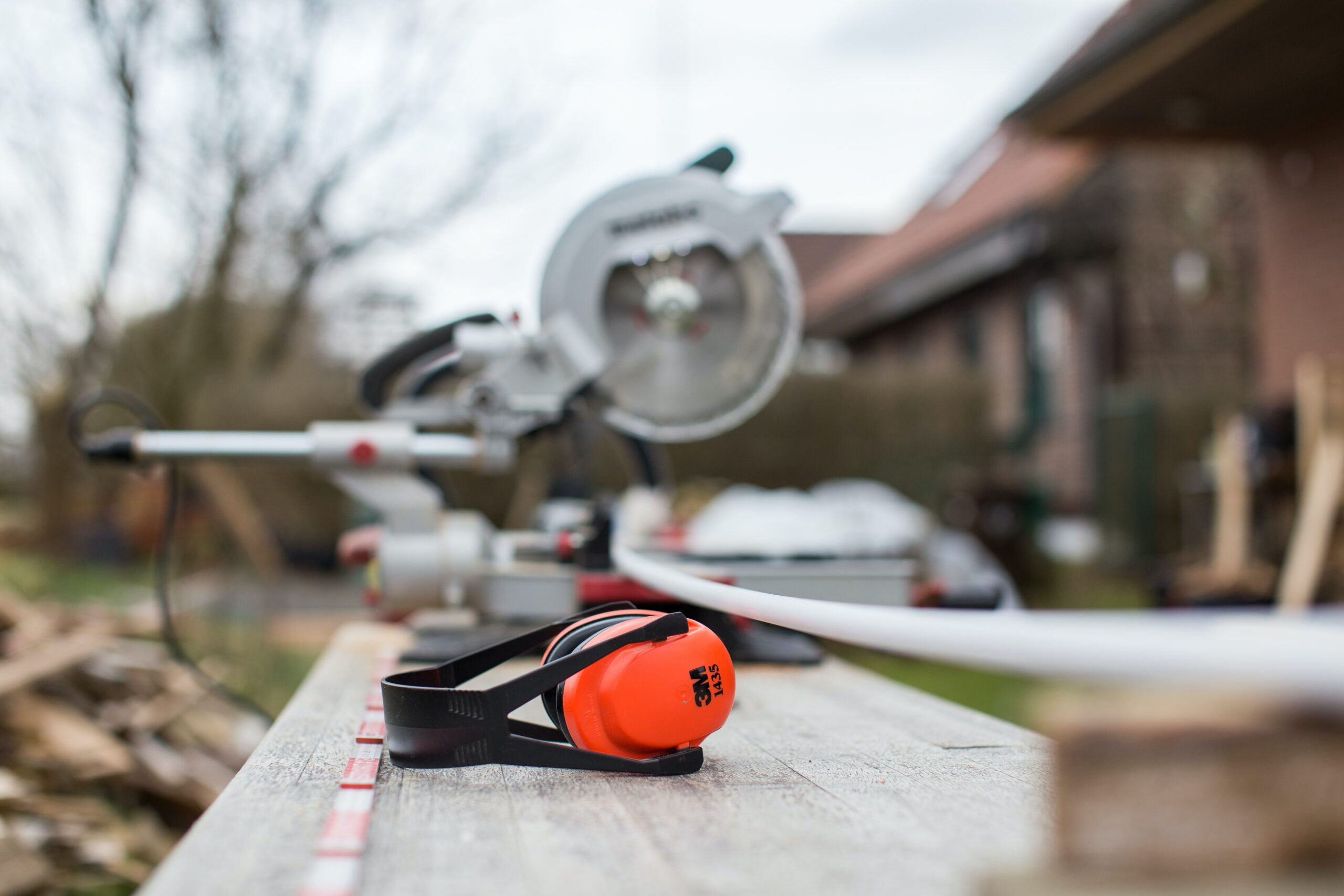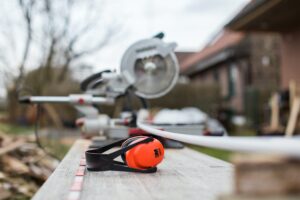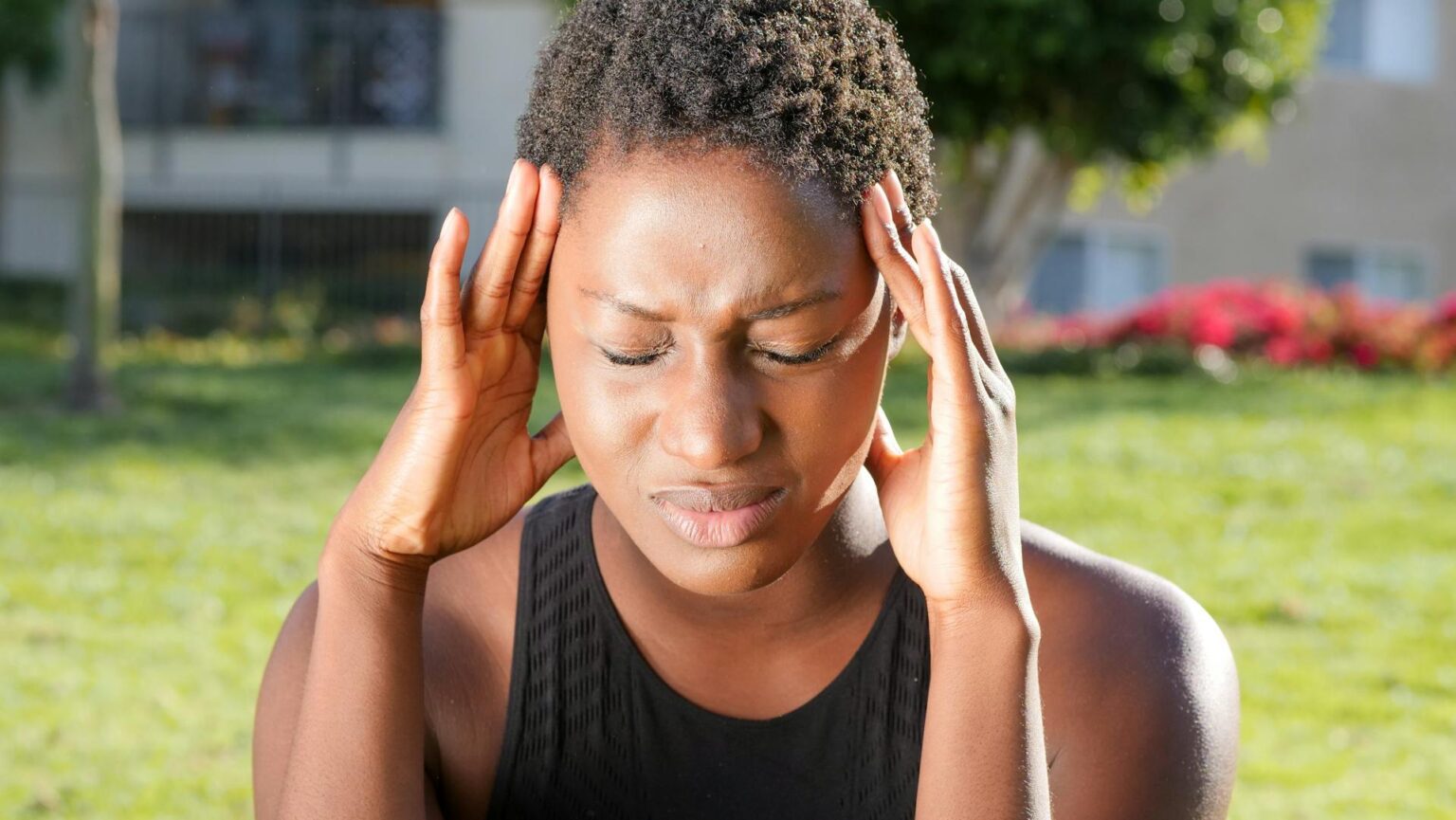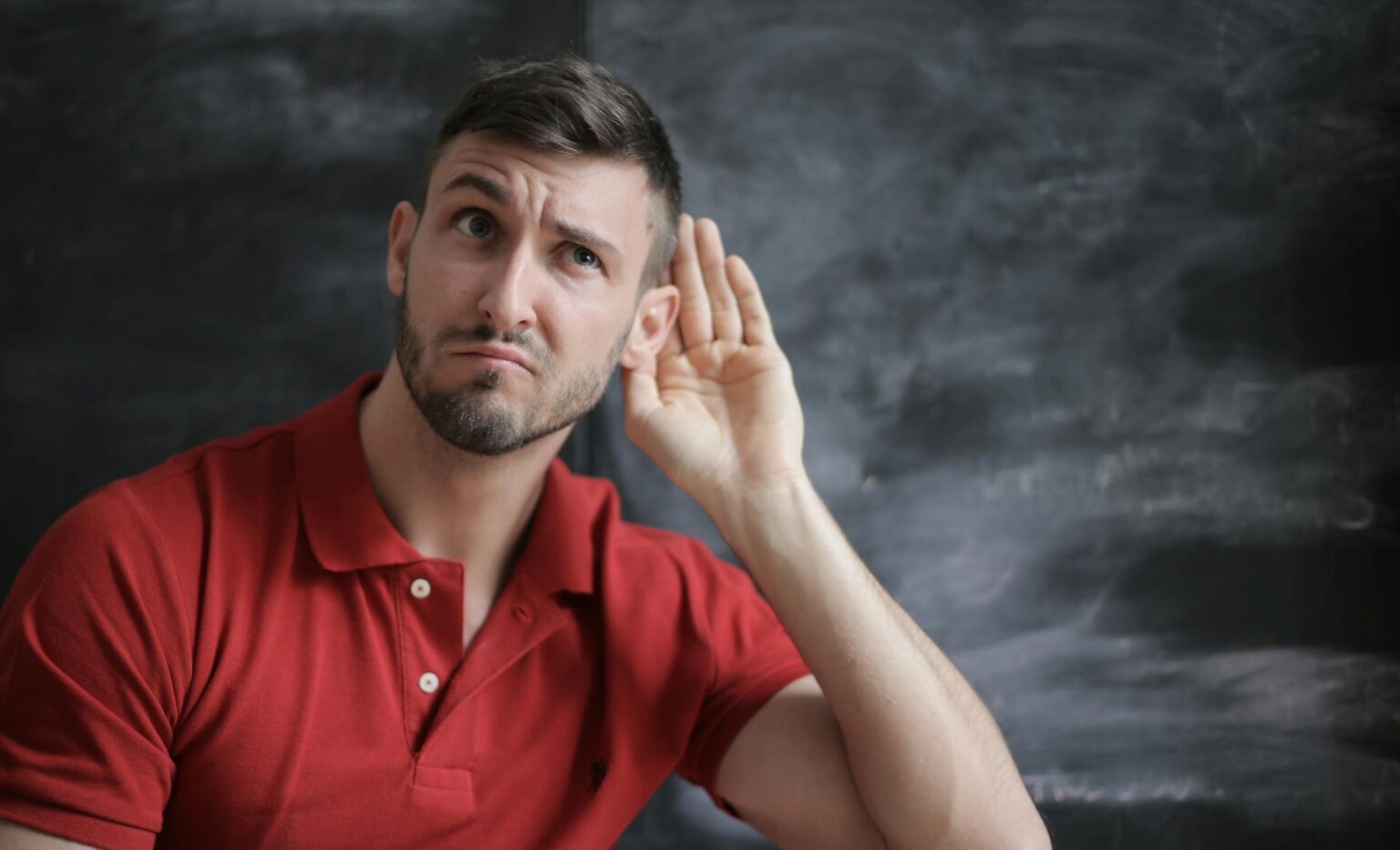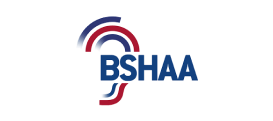You may not be aware that hearing loss — regardless of its extent — can significantly impact speaking, communicating and your general wellbeing. Noise-induced hearing loss is more common than you think and often happens before you realise the damage is done. A single exposure to a particularly loud sound can cause damage to your hearing, but more often, it is from frequent exposure to loud noises.
Generally speaking, common sounds do not harm the function of your ears. But things such as using power tools and attending loud concerts generate dangerous noise ranges that can contribute to diminished hearing over time.
Loud noise can harm the ear’s delicate structures, resulting in hearing loss, tinnitus (a ringing or buzzing sound in the ear), and hyperacusis (enhanced sensitivity to sound). Extremely loud noise can even cause ruptured eardrums. Even if your eardrums are not damaged, if you are regularly exposed to loud noise, this is almost certain to result in hearing loss.
How Loud Noise Can Cause Hearing Loss
A single exposure to a loud sound, such as when operating a power tool, might result in hearing loss. However, repeated exposure to loud noises generally causes harm to the ear, leading to hearing impairment. The risk of hearing loss increases with the length of interaction, particularly when hearing protection is not worn or when you do not take adequate breaks in between exposure.
Below are some potential sources of loud noise you could encounter.
- Music from mobile devices — especially when the audio output is at a high level
- Music in exercise classes
- Gadgets
- Restaurants, bars, and nightclubs
- Concerts
- Sports matches, like football
- Cinema
- Power tools
- Leafblowers and lawnmowers
- Sirens.
How to Take Measures to Prevent Noise-Induced Hearing Loss
To determine the noise level, you can use a sound level metre — smartphones even provide free sound level metres you can download as apps. They typically display noise levels in decibels and will often also let you know if you could be at risk of hearing loss.
There are also measures you can actively take to limit your risk of hearing loss due to noise exposure, including:
- Reducing the amount of time you spend around loud noises.
- Watching out for potential sources of loud noise and bring earplugs or hearing protection with you.
- Monitoring the volume of your TV, radio, or music using a sound level metre.
- Always wear protection if you work in a noisy environment or use power tools or loud machinery.
- Wearing ear protection anytime you are near loud sounds.
- Keeping the volume down when wearing headphones or earbuds — and taking breaks from wearing them.
The easiest and most effective way to protect your hearing from harmful noise is by using ear protection. But with so many options out there, deciding which to choose can be overwhelming. That’s why it’s important to pay attention to the noise reduction rating (NRR) on the packaging of the device. This indicates the level of protection you can expect.
Noise reduction ratings are measured in decibels (dB) and typically range from 0 to 35 dB. However, keep in mind the rating is a “best case” scenario measured in a lab, and the actual sound reduction may vary. So, always err on the side of caution and choose a hearing protection device with an NRR of at least 22dB or higher.
Types of Hearing Protection
Protecting your hearing and choosing the right hearing protection is crucial. To get the best protection possible, you need to ensure the device fits well and you consistently and correctly wear it. Several hearing protection options are available to meet your needs and comfort preferences. Here are some types to consider:
- Pre-molded Earplugs. Cheap, portable and easy to use, these come in pre-moulded materials such as silicone, rubber and expandable foam. As they are inexpensive, they are great for just one-off use, such as when you know you will be in a noisy place for a short time.
- Custom-Made Earplugs. For long periods of wear or to sleep in, custom earplugs provide a personalised fit and are perfectly contoured to your ear canal for maximum comfort.
- Uniform-Attenuation Earplugs. These are great for musicians and concert-goers who want to reduce sound intensity without losing sound quality. Although they are more expensive, they are a worthwhile investment if you want to hear music and protect your ears from loud noise at the same time.
- Noise Cancellation Headphones. These work exceptionally well for droning sounds, such as those from air conditioners or engines. These headphones do not have a noise reduction rating but will undoubtedly help cancel out unwanted noise.
- Canal Caps. These are excellent for sporadic noise. They’re like earplugs on a flexible band that fits snugly in your ear canal. Some models come with headbands that can be worn in a variety of ways — over your head, behind your neck, or even under your chin.
Canal caps provide great noise protection and comfort with earplug tips that come in two types: formable and pre-moulded, depending on your preference. And if you need to wear the caps for extended periods, they are always at hand.
- Earmuffs. These block out noise by covering the outer ear. Some models feature electronic parts or built-in radios for added convenience and safety. You can also get earmuffs with communication devices that let you listen safely while also protecting your ears from loud sounds (think sporting events). Remember that they might not be the best option for those with beards, sideburns, or glasses. They may also feel heavy and become hot and uncomfortable to wear for prolonged periods.
Regardless of your choice, be sure to prioritise your hearing health and protect your ears in noisy environments.
We provide the most cutting-edge personalised ear protection at Regain Hearing. To schedule an appointment at one of our Regain Hearing clinics in London, Kent, or Essex, please contact or complete our form.
Common Noise and Decibel Levels
Sound is measured in decibels (dB). To put it into perspective, a regular conversation is about 60 dB, and the sound of a food blender is approximately 85 to 90 dB. Exposing yourself to noise levels above 70 dB for a prolonged period could damage your hearing — and any noise louder than 120 dB can cause immediate damage to your ears.
Below are dB levels from everyday sources of sound:
- 70dB Washing machine, dishwasher
- 85 to 90dB Lawnmower, food blender
- 100dB Hand drill
- 105 to 110dB Entertainment venues such as nightclubs, bars, and concerts
- 120dB Standing close to loudspeakers, or emergency vehicle sirens
Sounds May Be Louder than They Seem
Have you ever heard a sound that seemed much louder than it actually was? That’s because the loudness of a sound is not the same as its intensity. The intensity of a sound increases very rapidly, so a sound at 20 dB is ten times more intense than a sound at 10 dB.
However, two sounds with equal intensity may not be equally loud. That’s because the volume is based on how we perceive sounds. A sound that seems loud in a quiet space might not be noticeable in a noisy environment, even though the intensity is the same.
It’s important to note that the risk of damaging your hearing from noise is based on sound intensity, not loudness. If you spend time in noisy environments where you need to raise your voice to be heard at arm’s length, the sound intensity is likely above 85 dB and could damage your hearing over time.
When Does Loud Noise Cause Hearing Loss?
Have you ever noticed that after attending a loud concert or football game, your hearing is impacted for a little while, making sounds seem muffled? That’s because exposure to loud noise can damage the sensitive hair cells in your inner ear, which can lead to temporary or permanent hearing loss.
As much as 50% of hair cells in your ears can be damaged before you even notice a change in your hearing. Repeated exposure to loud noise can permanently damage these hair cells and lead to irreversible hearing loss. This “hidden hearing loss” can make it difficult to understand speech in noisy places. While some hearing loss may be temporary and return within a few hours or days, prolonged exposure to loud noise can result in permanent damage that cannot be repaired.
Remember that the effect of loud noise over time can affect how quickly you may develop hearing problems, even after the exposure has stopped.
Seven Early Signs of Noise-Induced Hearing Loss
It is important to take care of your hearing by preventing — and detecting — noise-induced hearing loss early. A comprehensive hearing test can help you do this — and detect other problems.
One serious issue that can be detected during a hearing test is an acoustic neuroma, a benign tumour in the ear, for which early treatment is critical. So if you notice any signs of hearing loss, it’s important to get tested.
Potential indicators of noise-induced hearing loss caused by noise exposure include:
- Speech and other sounds are muffled or distorted.
- Difficulty hearing high-pitched sounds like birds or doorbells.
- Finding it hard to understand conversations in loud environments such as restaurants.
- Requesting others to speak more slowly or loudly.
- Relying on higher volume settings for TVs or radios.
- Tinnitus — a ringing in the ears.
- Hyperacusis — sensitivity to certain sounds.
If you’re experiencing any of the above symptoms, schedule a hearing test with a qualified audiologist. The sooner you know if you have noise-induced hearing loss, the easier it is to prevent it from becoming worse.
At Regain Hearing, we provide the latest advanced hearing tests and an extensive selection of hearing aids in UK, and lifelong aftercare. Call us on 0800 028 6763 or complete our form to schedule a hearing test at one of our Regain Hearing clinics in London, Kent, or Essex,
Are You at Risk of Noise-Related Hearing Loss?
Your risk of hearing loss brought on by loud noises can be increased by a number of factors and conditions, such as:
- Individual noise sensitivity and genetics.
- Chronic (long-lasting) disorders, including diabetes and high blood pressure.
- Damage to the ear.
- Specific medications, including some types of antibiotics, cancer treatments, and painkillers.
- When there is a previous family history of hearing loss unconnected to the presence of loud noise.
- If your place of employment is crowded or noisy.
- If you participate in loud recreational pursuits.
- If you take any medications associated with hearing loss.
Although the ideal way to safeguard your hearing is to avoid loud environments, this isn’t always possible. But you can always use appropriate hearing protection when you are exposed to loud noise to prevent noise-induced hearing loss.
We offer the most advanced custom-made ear protection at Regain Hearing. Please call or fill in our form to arrange an appointment at our Regain Hearing clinics in London, Kent, and Essex.

